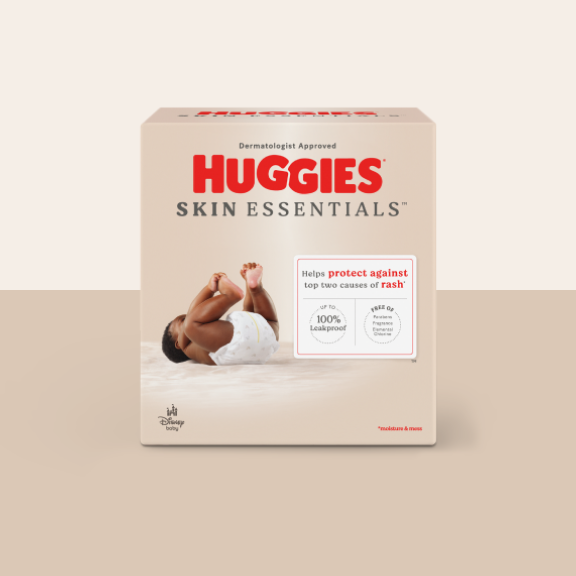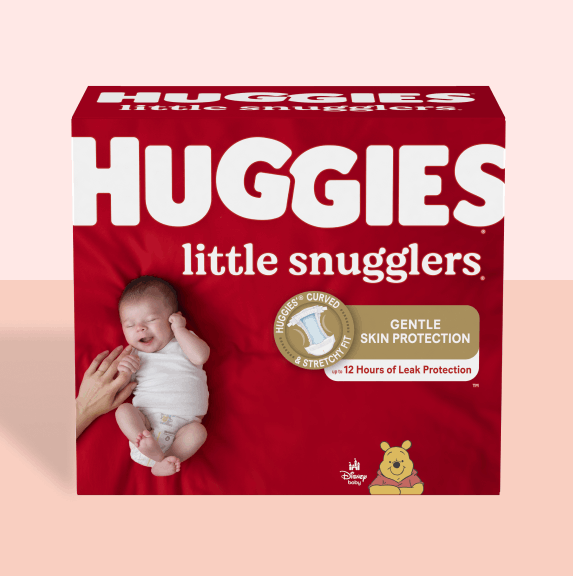Planning for the nursery
Your physical changes this week
You could be sweating more easily because of your body temperature being a little higher than before pregnancy. You have your own internal heater going 24 hours/day which means you probably won’t want to wear as many layers of clothing as everyone else. Shower as frequently as you feel you need to. Avoid wearing synthetic fibers next to your skin and don’t get overheated. You may need to sleep with a fan or the air-conditioning on.
Watch out for urinary tract infections. The female urethra is relatively short and it is easy for bacteria to find their way up into the bladder. Remember to wipe from front to back after you've been to the toilet and empty your bladder both before and after having sex. Drink plenty of fluids and avoid delaying going to the bathroom when you have the urge. Make sure you completely empty your bladder when you do go and try not to rush, it's not worth it.
Your uterus is almost at the level of your navel, so say goodbye to your waistline! Don’t be too heartbroken because it will come back.
Heartburn may be your new companion this week. The smooth muscle fibers in the stomach and gut are being affected by your pregnancy hormones. This means that the acidic stomach contents which should be staying well down in your stomach, can easily regurgitate up your esophagus (food pipe). You could feel a burning sensation after eating, especially spicy foods and curries. Some mothers get relief by eating bland meals and avoiding foods which are too rich and hard to digest. Try sleeping on a couple of pillows and check with your maternity care provider or pharmacist if it's safe for you to take some antacids. Rediscover the soothing benefits of drinking a glass of cold milk, it can do wonders.
Your emotional changes this week
You could be very focused on the baby around this time and not too interested in other people. This is nature's way of helping mothers prioritize what needs to be done and to ignore what isn’t as important.
If you are prone to depression or have a history of mental health disorders, this may be a stressful time for you. It’s important that you have a health professional who is available to support you. Speak up if you’re not feeling well and ask for help.
Your baby's changes this week
Vernix, a white greasy substance, is covering most of your baby's skin this week. If your baby is born early, there will still be traces of vernix, but closer to your due date and beyond, vernix starts to disappear.
Your baby's kidneys are working well this week. They’re producing urine which forms a fair percentage of the amniotic fluid. If you have an ultrasound performed this week it will be possible to see your baby's kidneys.
Your baby is developing more hair on its little head as well as on the body. Babies who are born prematurely can be covered in fine hair, especially on their backs and upper arms. Some babies are born bald and stay that way for months and others have a mop of thick hair. It really is highly individual and different for every baby.
Your baby spends a lot of its time sleeping. This is when it’s growing and conserving valuable energy so it can develop to maturity. But you’ll become aware of times when baby is more active and has cycles of moving around and even kicking. This is common when a mother is trying to sleep or has just gone to bed.
Hints for the week
Talk to your baby if you haven’t already started. At 19 weeks your baby can hear your voice, and this is the time to start chatting to him or her. Get your partner in on the act if you can and feel for your baby's responses.
Think about doing some low impact, resistance exercises with weights. This will help maintain your weight and reduce the likelihood of developing gestational diabetes. Some pregnant women get together in a group with a personal trainer and enjoy the companionship and shared interests.
Week 20 is next!
The information of this article has been reviewed by nursing experts of the Association of Women’s Health, Obstetric, & Neonatal Nurses (AWHONN). The content should not substitute medical advice from your personal healthcare provider. Please consult your healthcare provider for recommendations/diagnosis or treatment. For more advice from AWHONN nurses, visit Healthy Mom&Baby at health4mom.org.










